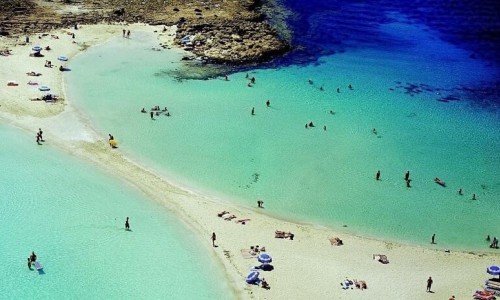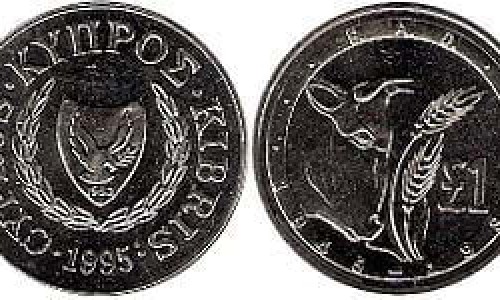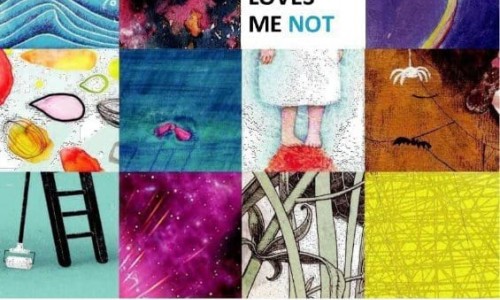Cyprus Culture
Facts and Statistics
Location: Middle East, island in the Mediterranean Sea, south of Turkey
Capital: Nicosia
Climate: temperate; Mediterranean with hot, dry summers and cool winters
Population: 775,927 (July 2004 est.)
Ethnic Make-up: Greek 77%, Turkish 18%, other 5% (2001)
Religions: Greek Orthodox 78%, Muslim 18%, Maronite, Armenian Apostolic, and other 4%
Government: republic
Most of the culture in the island is linked with the Greek culture which has been present here from the ancient times. However Cyprus has also been affected by the Arabic and Turkish neighbours in terms of various culture elements which will be analysed further down. As the island is divided in two separate parts, the two sides have their own distinct cultures both linked to Greece and Turkey accordingly and no interchange has taken place between the two groups.
Demography
In 1960 the demographics of were :
• Greek Cypriots, 77 percent (441,656)
• Turkish Cypriots, 18.3 percent (104,942)
• Armenians–Gregorians, 0.6 percent (3,378)
• Roman Catholics and Maronites, 0.5 percent (2,752)
• A total population of 573,566.
However since the division of the island, many Turkish- Cypriots left the island while many Turkish people inhabited Northern Cyprus.
Languages
Cyprus has two official languages which are Greek and Turkish. It is important to note that the Greek spoken in Cyprus is a strong dialect, with about 15% of the words peculiar to Cyprus. There are also many minorities which are Armenian, Cypriot Maronites, Arabic and Romani. Apart from these languages, 76 % of the Cypriot population speak English, 12% speak French and 5% speak German.
Literature
The most well-known literary production is the “Cypria” an epic poem written by Stasinus a semi-legendary poet who write the entire history of the Trojan War in epic hexameter verse. Epic poetry, called the "acritic songs", thrived during the Middle Ages. Modern poets and writers include: Kostas Montis , Michalis Pasiardis , Dimitris Lipertis.
Education
According to the Educational system of the island , students are expected to complete an education of 12 – 14 years. The system includes:
• Pre-Primary Education - one-year pre-Primary education is obligatory and it accepts children over the age of three.
• Primary Education - it is compulsory and takes six years to complete. Primary education is also provided by English-language, French-language and Russian-language private schools.
• Secondary Education - secondary education consists of two three-year cycles: Gymnasio (lower secondary education) and Lykeio (upper secondary education) for students between the ages of 12 and 18. Instead of the Lykeio, students may choose to attend Secondary Technical and Vocational Education
• Higher Education – students can choose to follow their university studies in the public or one of the three private universities with campuses in Lefkosia and other towns.











